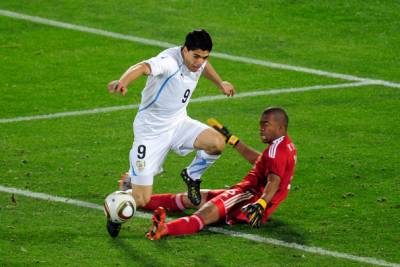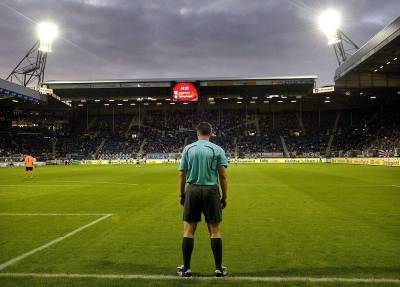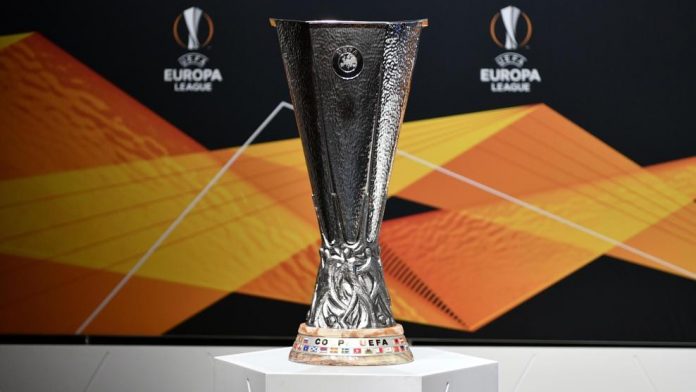It would finally appear that FIFA, an organisation which prides itself on it’s self-preserving atavism and sub-glacial rates of progression, have finally accepted that – in these heady days of horseless carts and silver flying machines – it is now time to embrace the notion of goal-line technology.
After the World Cup in South Africa culminated in July, football’s governing body initially canvassed 17 separate companies to submit their proposals for goal-mouth technology, with the only statute being that the systems would have to allow referees to immediately determine whether or not the ball had crossed the line (e.g. a transmitter worn on the wrist), rather than rely on video replays or further subsidiary officials.
According to a statement made by the International Football Association Board (IFAB) yesterday evening, FIFA only received 13 different submissions by the the time the deadline for entrants passed at the end of last week.
The project proposals will now be fully discussed when the IFAB (who serve to govern the laws of the game) convene in Newport, Wales on October 20th for it’s Annual Business Meeting.
The panel will then use these preliminary talks as a means to set the agenda for it’s next Annual General Meeting (March 4-6th), wherein they can actually implement changes and amendments to the relevant laws.
Despite having the means readily available and the wherewithal to utilise it, FIFA president Sepp Blatter has always maintained a strong resistance to goal-line technology, claiming that human error was and is a vital part of the game – and if you consider being riled by ineptitude to the point of aneurysm as being ‘vital’, then I guess you can kind of see his point.

In addition to goal-line technology, the IFAB have confirmed that they are also planning to resume the discussion of the so-called ‘Triple Punishment’ for sending-off offences (goal/penalty awarded + red card + player suspension).
The initiative was used during the World Cup over the summer, with hosts South Africa suffering directly as a result when their goalkeeper Itumeleng Khune brought down Luis Suarez of Uruguay to concede a penalty in their second group game.
By the letter of the law, Khune was immediately sent off and was therefore banned for Bafana Bafana‘s last group game against France, with Diego Forlan converting the penalty that eventually saw Uruguay on their way to running out as 3-0 winners – which all-in-all seemed needlessly harsh considering that the initial foul was hardly what you’d call ‘malicious’.

The IFAB’s agenda will also feature the presentation of a status update regarding the utterly futile ‘Additional Assistant Referees’ (AAR) experiment which was approved for use in the Europa League back in June of last year and is now being used in the Champions League proper this season (and will be until 2012).
The scheme was seen as FIFA’s feeble compromise in the row over goal-line technology, and has garnered many detractors – chiefly due to the fact that the two extra assistants appear to be ‘silent partners’ and nothing more.
The superfluous baton-twirling AAR’s seem reluctant to get involved and are completely dominated by the referee, despite being fully qualified officials and having the better view of penalty box incidents on the majority of occasions, but hey ho – you get what you pay for.
Add Sportslens to your Google News Feed!






